I receive a lot of emails from people concerned about climate change, and some that challenge science. I hear many of the same arguments over and over, arguments that are well known to be mistaken or misguided.
For the record, here are the claims followed by the real story:
Global warming is not significantly affected by man's activities and just part of the Earth's natural cycle
The Earth's climate has gone through several ice ages and hot periods over millions of years. That variability is no comfort; it tells us that the climate is sensitive and able to change radically.
The only two things that change surface temperatures are the amount of sunlight reaching the ground, and the amount of greenhouse gas in the air.
A brighter sun, or more greenhouse gas, gives you a warmer climate. A dimmer sun or less greenhouse gas gives you a colder climate.
Today, the sun is not changing much but the amount of greenhouse gas in the air is increasing rapidly.
By measuring the chemical signature of the carbon in the air, we know the increase is coming from the burning of fossil fuels like oil and coal. So we know it's us changing the climate today.
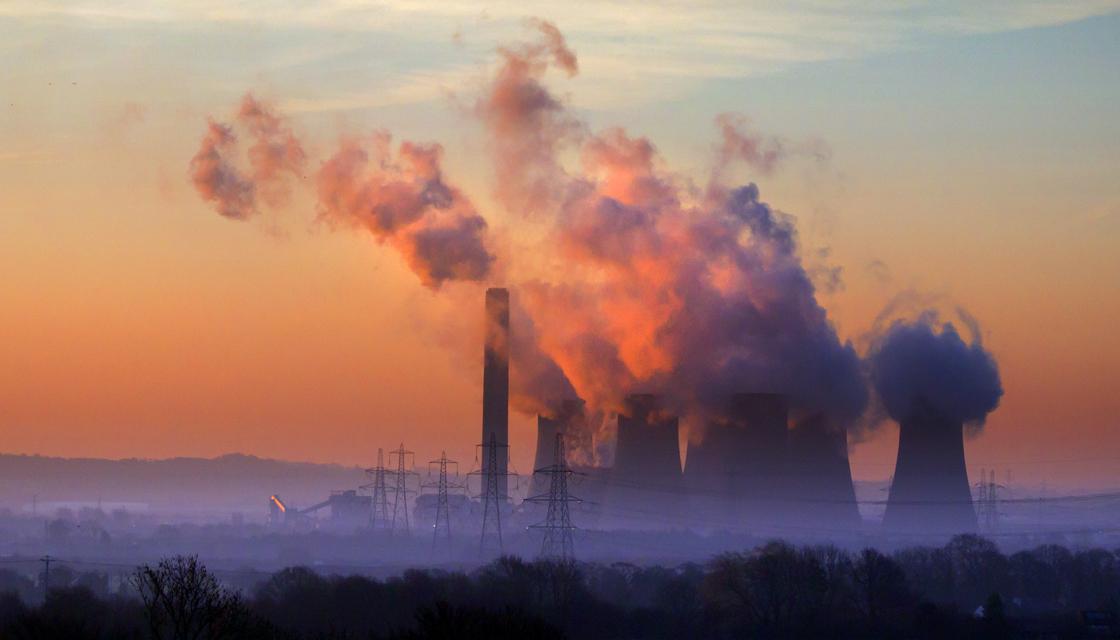
Carbon dioxide isn't the problem as it only makes up a small amount of the atmosphere. Why not focus on water vapour?
Carbon dioxide makes up 0.04 percent of the atmosphere, but it is great at absorbing heat radiated up by the Earth, so even though it's a small fraction it has a powerful effect. It's a bit like spices in cooking. If a pot of food was 0.04 percent chilli powder, you would be able to taste the hotness of that food.
A small ingredient can be very important if it's potent enough, and that's definitely the case for carbon dioxide in the air.
Water vapour is also important because it is a strong greenhouse gas, like carbon dioxide. But water vapour can never cause changes in climate by itself because it stays in the air only a few days before it falls out as rain. Carbon dioxide stays in the air for centuries, warming the atmosphere.
The amount of water vapour in the air is controlled only by temperature. Warm the air by adding carbon dioxide, and the increased water vapour content of the air will warm things further, amplifying the carbon dioxide effect.
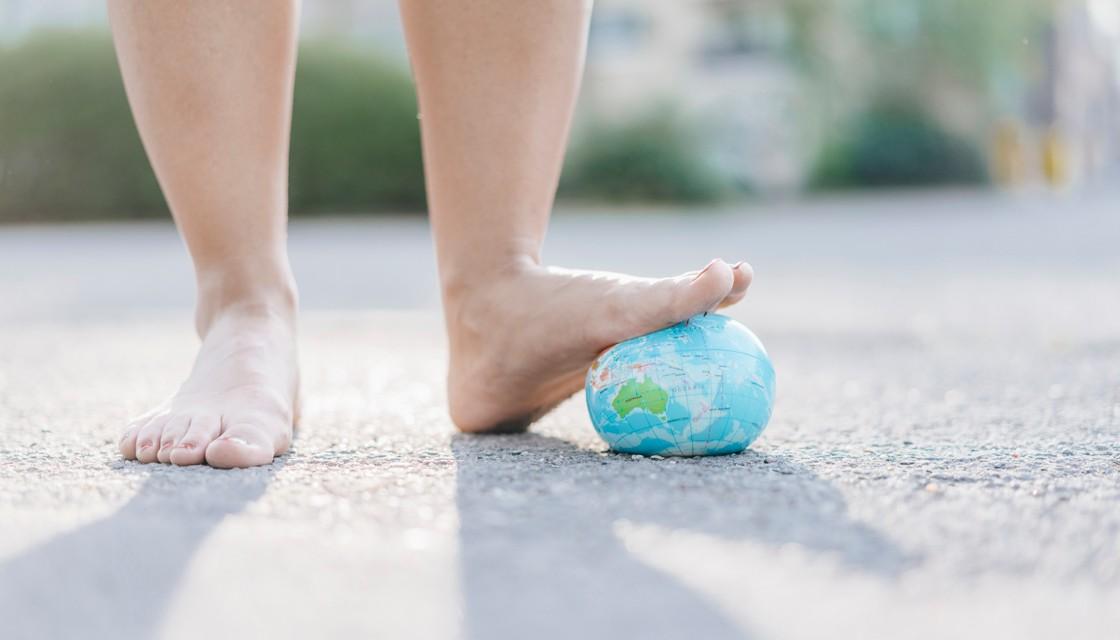
Records and models pre-1980 are unreliable and cannot be trusted for comparison
Since about 1880, there have been enough thermometers spread around the world, on land and on ships at sea, to give us a reliable record of global temperatures.
Things like rain and winds are not so well measured back in time, but that’s changing as we recover and digitise old paper records.
Climate models are as reliable for today's climate as they are for the climate hundreds or thousands of years ago, provided we can tell them how bright the sun was and how much greenhouse gas there was in the air.
The models capture the day-to-day weather, the changing of the seasons, El Niño and La Niña events, and do a great job of tracking global temperatures since the 1880s.
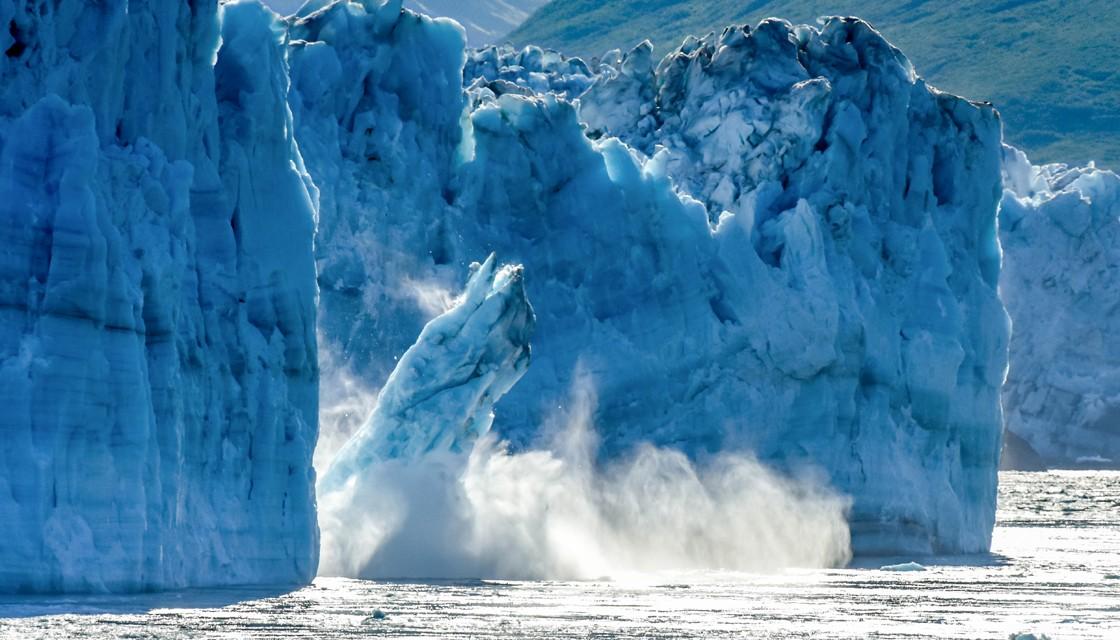
Kiwi farmers reducing methane levels won't impact the climate
Methane is a very important greenhouse gas, much better than carbon dioxide at absorbing heat, but it stays in the air for much less time, only a decade or so.
Still, reducing methane reduces the warming effect. Agriculture in New Zealand makes up around half of our total greenhouse gas emissions, mostly from methane and nitrous oxide, so changes to agriculture have to be a part of New Zealand’s response to climate change.
Our country contributes less than 1 percent of total global emissions, but that's only because there are not many people living here. Per head of population, we are in the top 10 of global emitters, so we have as much responsibility as any other group of 5 million people around the world.
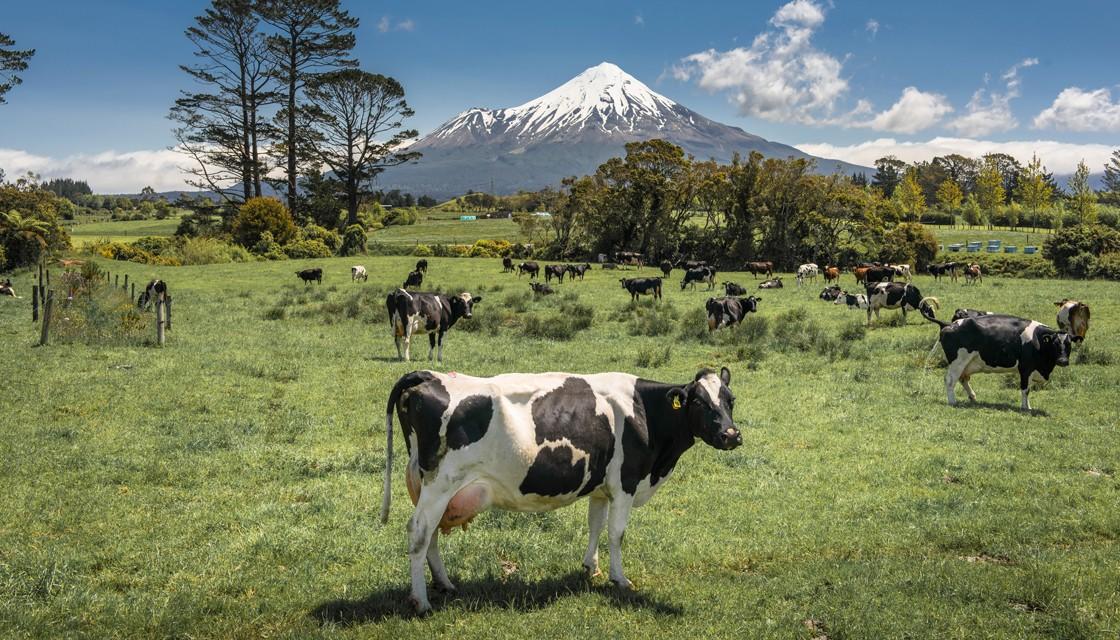
Only China can stop global warming, so New Zealand acting is pointless
To really stop global warming, every country must get to zero emissions of greenhouse gases.
China is the largest emitter, but if you add up all the small players like New Zealand, they account for more emissions than China, so every country can play a role.
If New Zealand can become zero-carbon, we can be an example and an inspiration to other countries and we can show the others, whether it's China or Chile, how to become fossil-free.
The science is not settled on climate change
The basics of the science, that increased greenhouse gas levels lead to a warmer climate, have been well known for 100 years or more. There is no argument about this at all in the scientific community.
That doesn't mean we know everything though - there are plenty of details still to work out, like how cloudiness will change over the Southern Oceans, and how much the big ice sheets will melt this century.
Some things are always up for discussion, but the way that greenhouse gases warm the Earth is as well understood as the force of gravity or how microwave ovens work.
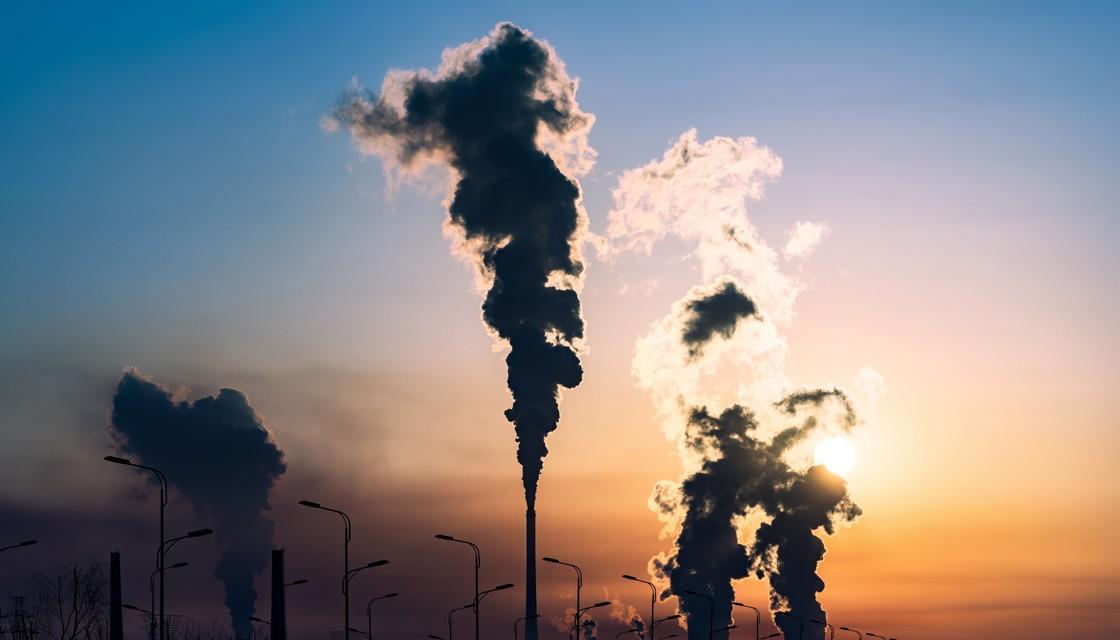
Global warming isn't leading to more extreme weather events
We see very clear increases in high temperature extremes and heat waves around the world, and decreases in cold extremes.
Even in the oceans, we are seeing big increases in marine heatwaves such as the one that affected New Zealand in the summer of 2017/18.
The occurrence of marine heatwaves has doubled worldwide since the 1980s. Looking at floods and heavy rain, we can see a climate change signal, since a warmer atmosphere has more moisture in it.
That effect contributes to heavy rainfalls all over the world.
At the same time, droughts are getting more intense, as a warmer climate means evaporation works faster so soils dry out more quickly.
How can the world be warming when there are still cold days?
The weather will always change from day to day, the seasons will always change, even though everything is warming up.
What people call a cold day in 50 years would be a mild day today, just like the cold days we have now are warmer than they used to be 50 years ago.
We see all around New Zealand that the number of frosts is on the way down, fast. Most places in New Zealand can still experience frosts, but the chances are decreasing all the time.
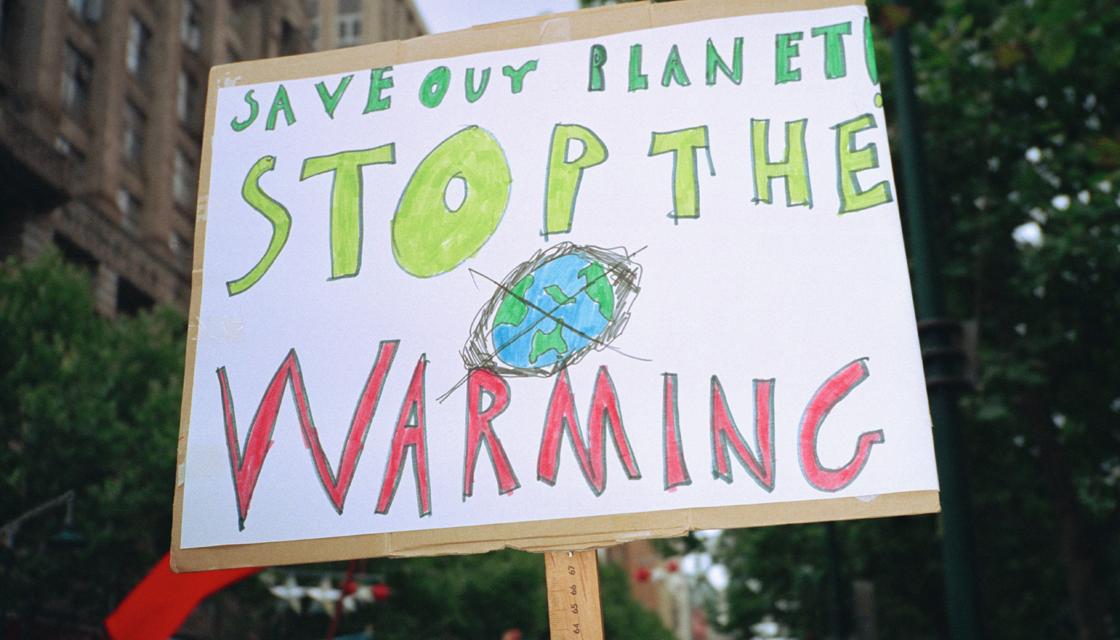
The 500 so-called climate scientists who wrote to the UN saying there was no climate emergency have credibility
They don’t. There are one or two who have training and a track record in climate science, but most have no climate science background and are the same individuals who keep cropping up in climate denial groups. The New Zealand "Ambassador" to this group is a winemaker. One of the US members (Patrick Michaels) was once paid by tobacco companies to dispute medical science on smoking and cancer, and is now paid by oil companies to dispute climate change and fossil fuel burning.




